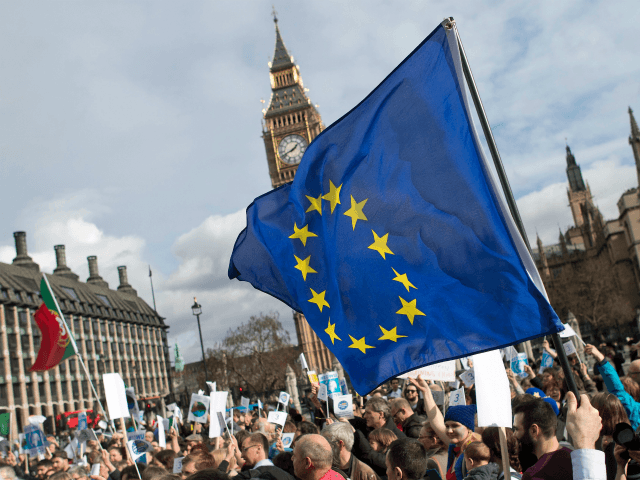Britain has fallen down a ranking of the most popular destinations for foreign workers from European Union (EU) and non-European countries, new research has found.
The UK has slid down from the top spot six years ago, in 2012, to number seven this year, behind the U.S., Germany, Switzerland, Australia, Canada, and Spain, according to accountancy firm BDO.
Researchers ask 10,000 people in a range of countries their top three destinations to compile the list. They found that the U.S. was the number one place for Europeans and Canada surged past Britain and became number two, the Evening Standard reports.
“UK businesses are already struggling with a skills shortage. The impact of the EU referendum and uncertainty around a new trade deal is likely to make this worse,” said Paul England, managing partner at BDO, told The Independent.
“It’s absolutely imperative that the Government makes it clear to the world that the UK is still a great place to do business and that we continue to attract the world’s bright and best to our country,” he added.
Contrary to Mr. England’s claims, research by Migration Watch UK, published in October, found “no evidence” that companies needed a “continuing free-for-all” access to EU migrants to maintain the workforce in lower skilled jobs.
“Some claims might reflect a desire by employers to continue to offer low pay, poor conditions and little flexibility,” the document read.
Furthermore, at the end of November, the bank of England revealed the wages for Brits were being pushed up thanks to a shortage of labour in various sectors after immigration fell following the Brexit vote.
Immigration and birth rate projections have fallen in recent years, especially since the Brexit vote. However, the UK population recently hit a new record high.
In 2014, the Office of National Statistics (ONS) estimated net migration would be 185,000 a year. This October, the prediction was cut to 165,000 a year, while the expected number of children per woman was cut from 1.89 to 1.84 in the same period.
Much of change is due to a slowing of EU arrivals. In August, the ONS said the number of EU migrants coming to the UK fell by 51,000 in the 12 months to March 2017, just months after the Brexit vote in June 2016.

COMMENTS
Please let us know if you're having issues with commenting.